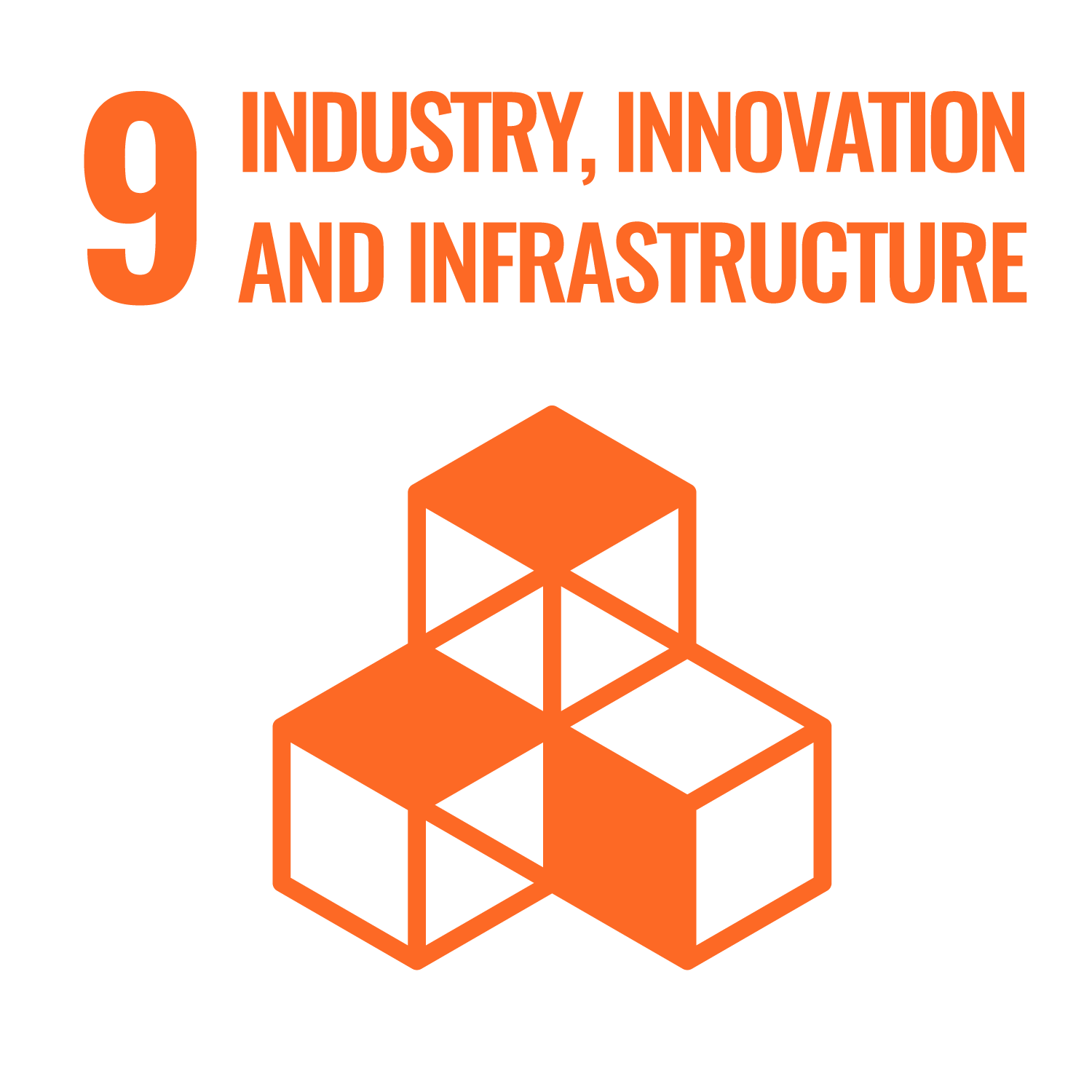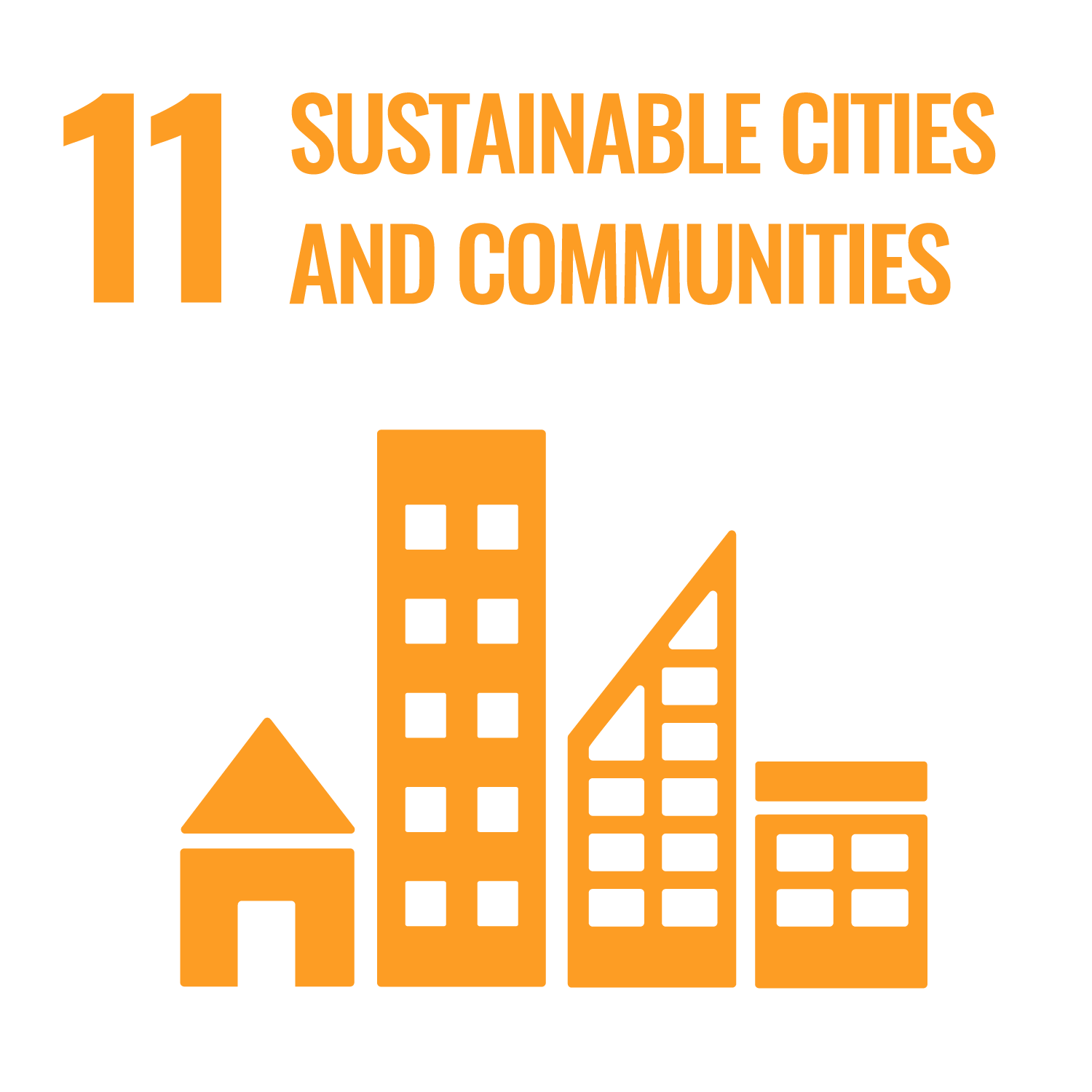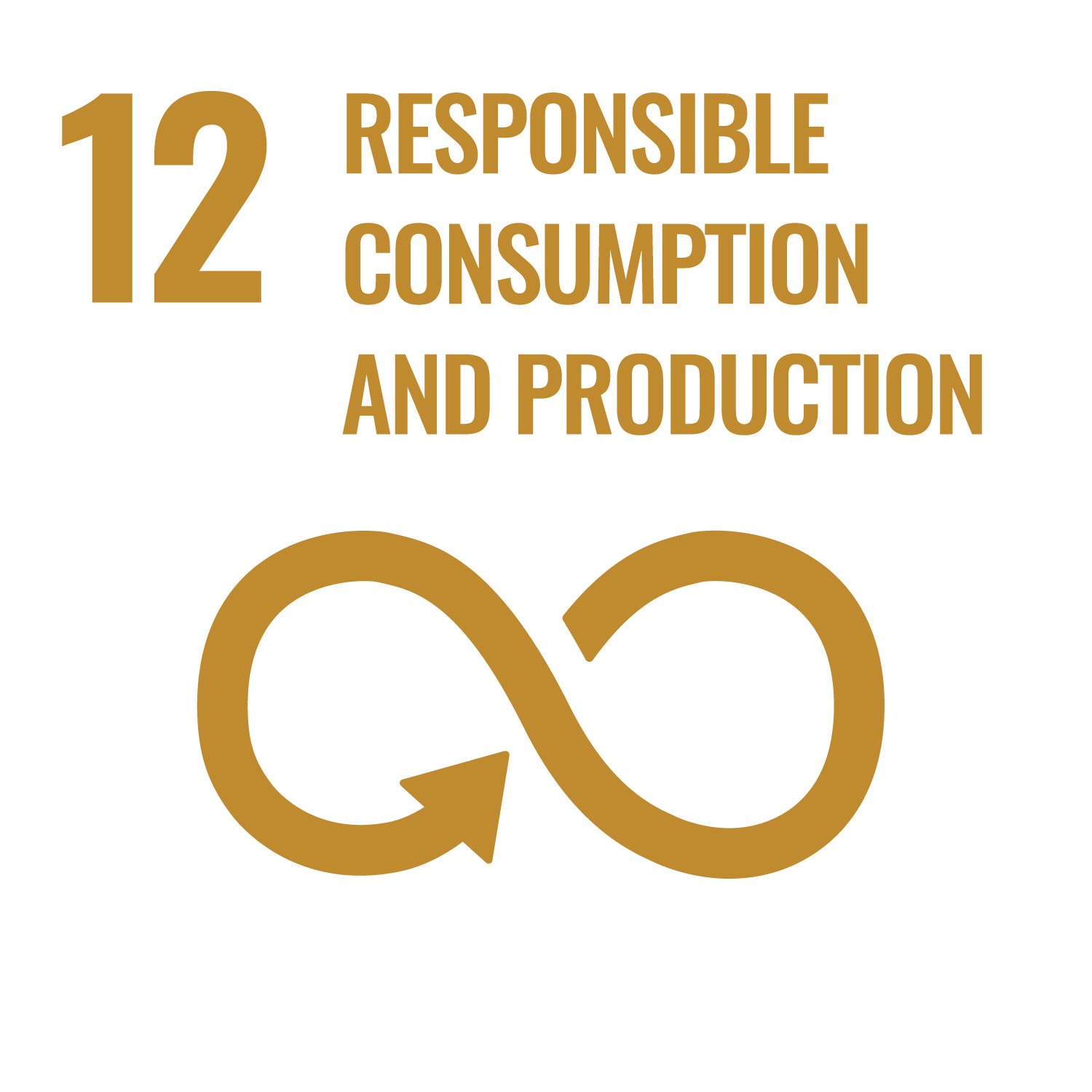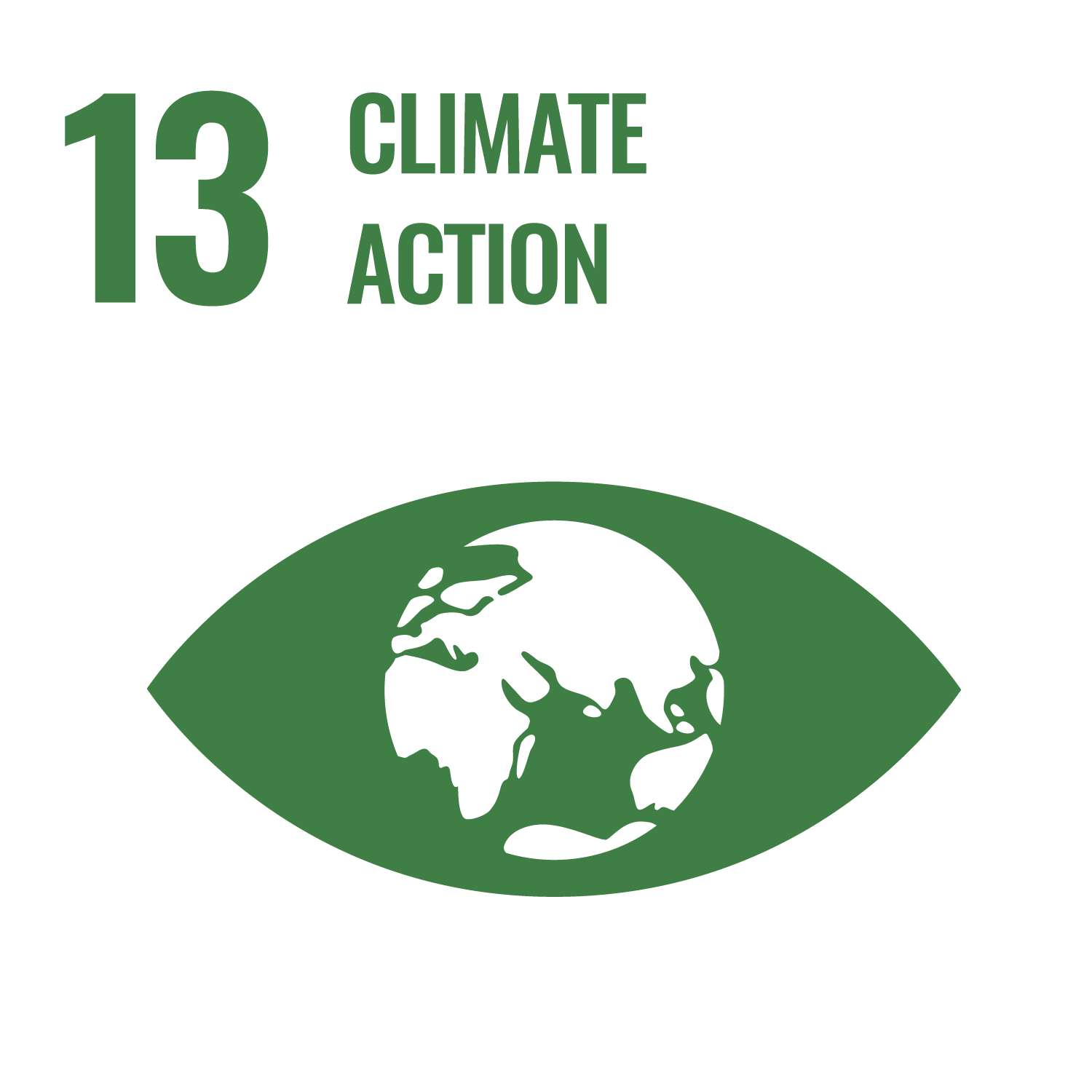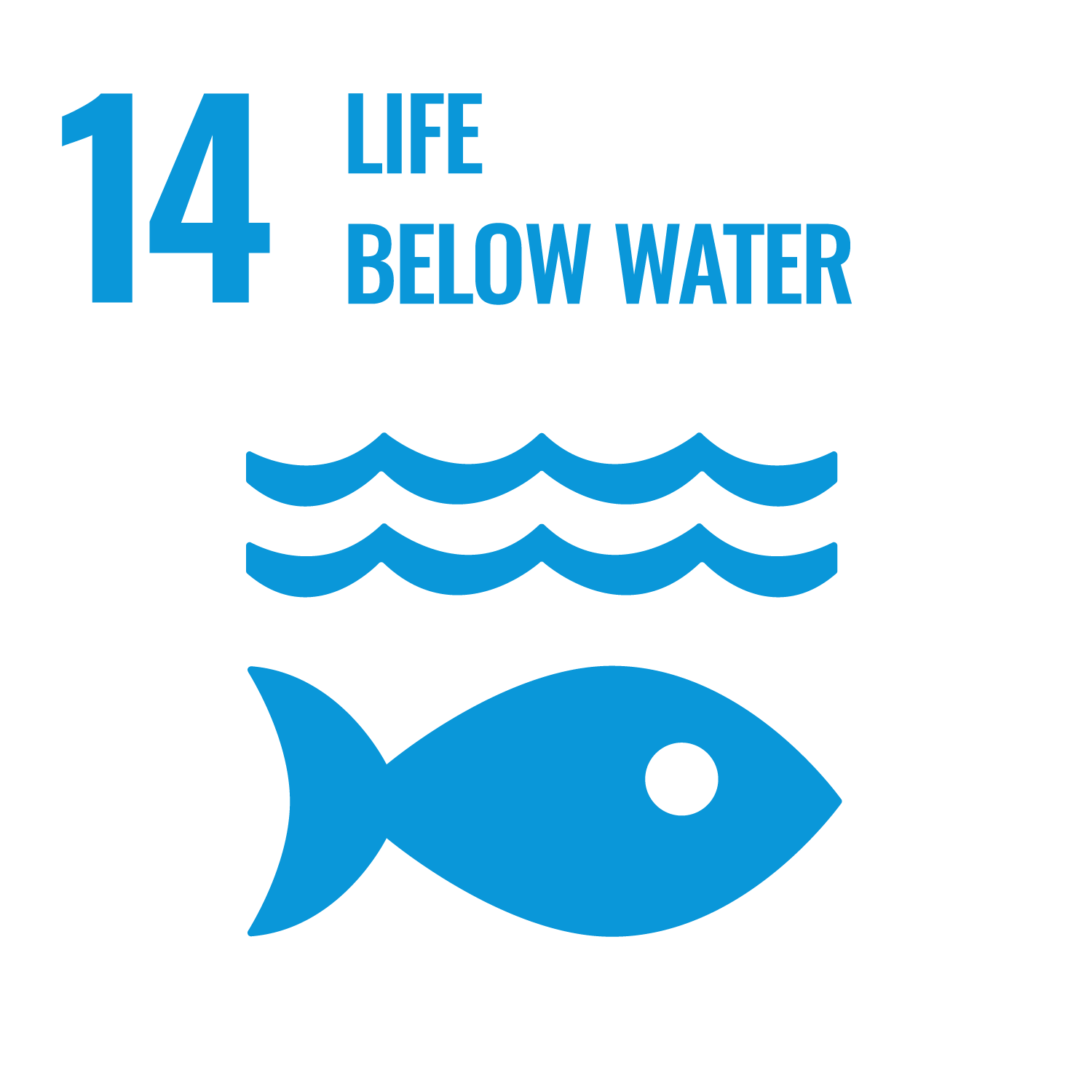Macquarie University NSW 2109
Working to divert 90 per cent of waste from landfill
Waste is a complex issue at Macquarie. Dealing with many different types of waste provides unique challenges when it comes to recycling, reuse and disposal.
We set an ambitious target of 90 per cent diversion from landfill under the Campus Master Plan which has now been achieved. We are striving to maintain this rate whilst exploring options to increase it.
Waste types
General waste
- cardboard
- glass
- metal
- organic matter – both putrescible and non-putrescible
- paper
- plastics.
Specialist waste
- biomedical
- chemical
- construction
- e-waste
- fixtures and furniture
- gaseous
- hazardous
- sewerage
- stormwater.
Strategies
Prevention
The easiest way to reduce waste is to buy less in the first place. Our Procurement Policy looks at sustainability with regard to purchasing items.
Reuse
Reuse involves using products again for their original purpose. At Macquarie we have an office furniture store which has been set up for the sole purpose of reusing furniture on campus.
Recycling
Recycling involves collecting and processing materials that would otherwise be thrown away and turning them into new products.
One-Bin system
Our One-Bin system utilises a single commingled bin to put your rubbish in. Sorting and separation occurs later, at the waste management facility.
- Paper, cardboard and mixed metals are recovered for recycling.
- Other items are shredded, compacted and turned into processed engineered fuels (PEFs) which are used in the concrete making industry.
Only around five per cent of waste generated via the One-Bin System at Macquarie eventually ends up in landfill.
Blue paper bins
Office paper is collected and recycled from across campus using our blue bin system. Close to one hundred per cent of paper is recycled by our third party provider, with slight losses only occurring when bins are contaminated.
Our other strategies
A more unusual method of reuse on campus can be found in the design of some of our buildings.
Campus Common
Our Campus Common, which housed the food outlets until the Central Courtyard precinct opened, was a shipping container complex. The containers themselves had a life before they became a food shop, and will go on to have another life after they leave Macquarie.
Incubator
The beautiful wooden Incubator building at 8 Hadenfeld Ave was designed and built in a modular style and can be disassembled and moved elsewhere if required.
Our new Central Courtyard precinct boasts a plastic-free initiative whereby all of our retailers are using compostable packaging.
The Two-Bin system means that all the compostable packaging and organic waste can be separated from the general waste stream. It is then fed into our on-site biodigester which liquifies the waste and then pumps it into the sewer.
In addition, as part of their lease conditions our retailers agree to work with us on sustainable initiatives relating to water, waste, energy efficiency and emissions.
The circular economy is a model of production and consumption which involves sharing, leasing, reusing, repairing, refurbishing and recycling of products to extend the life cycle of products for as long as possible.
Macquarie University is playing its part in contributing to the circular economy. Here are just a few examples:
Office Furniture Re-Use Store
Operating since 2010, our Office Furniture Re-Use Store allows us to re-use office furniture right across campus. With thousands of items re-used and savings in the millions of dollars, this is the circular economy in action. >> Find out more
Textile Recycling
In an exciting initiative from the team at Campus Life’s MacShop, you can now recycle out-of-date Macquarie-branded clothes, tablecloths and other fabrics without the guilt that the items are going to landfill.
Pre-loved Macquarie textile items are sought by the MacShop team, who will then send them to a local textile recycler to be processed into usable yarns and fabrics. >> More details
Edible coffee cups?
To reduce single use coffee cups, selected cafes on campus sell Good Edi, an edible coffee cup made from natural ingredients (oats, grains, water, sugar, vegetable oil and salt). 100% vegan, Good Edi cups do not affect the flavour of your favourite coffee. Made in Australia, the cup can be eaten providing a nutritious snack packed with fibre and Vitamin B.
Available at:
- Ubar
- Wally's Coffee and Toastees
- Esc Cafe
- Library Cafe
Coffee cup swap - Huskee cups
Macquarie University is partnering with sustainable coffee cup manufacturer Huskee to support staff and students in reducing their single-use disposable coffee cup use. HuskeeCups are made from a unique eco-composite polymer which is actually made from coffee husks.
HuskeeSwap is a cup exchange designed not only to make using reuseables more convenient, but to enable the transition away from single-use disposable cups.
Purchase a HuskeeCup and get discounts on coffee at selected outlets across campus.
